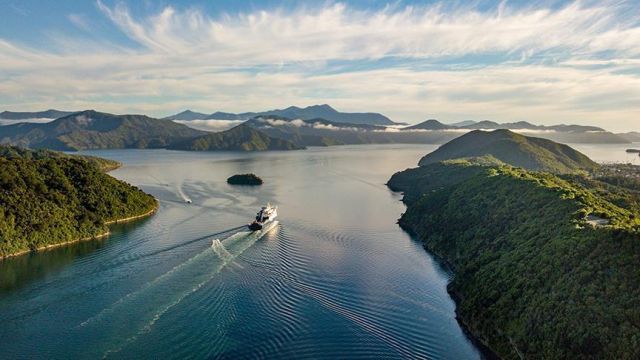
by admin | May 25, 2021 | Economy, News, World
 Melbourne: New Zealand has banned new offshore oil and gas explorations as part of efforts for a clean energy future, the prime minister said on Thursday.
Melbourne: New Zealand has banned new offshore oil and gas explorations as part of efforts for a clean energy future, the prime minister said on Thursday.
“There will be no further offshore oil and gas exploration permits granted,” Jacinda Ardern said in a written statement on the ministry’s webpage.
“This is a responsible step which provides certainty for businesses and communities that rely on fossil fuels. We’re striking the right balance for New Zealand – we’re protecting existing industry, and protecting future generations from climate change,” she added.
“All three of the parties in this Government have agreed that we must take this step as part of our package of measures to tackle climate change,” Energy Minister Megan Woods said in a statement.
Woods said that existing exploration and mining rights would be protected.
“No current jobs will be affected by this as we are honoring all agreements with current permit holders,” she added.
“There are 31 oil and gas exploration permits currently active, 22 are offshore. These permits cover an area of 100,000 sq kms [38,610 square miles] nearly the size of the North Island, and run as far out as 2030 and could go an additional 40 years under a mining permit,” she said.
While environmentalists celebrated the decision as a victory, the Petroleum Exploration & Production Association of New Zealand (PEPANZ) said that the government’s decision was “surprising”.
In a statement, PEPANZ CEO Cameron Madgwick said the new measures would have a significant impact on the industry, stating that other types of fuel — which he said will be more expensive — will become an issue of energy security in the future.
Reporting by Recep Sakar:Writing by Meryem Goktas
—AA

by admin | May 25, 2021 | Economy, News, Politics
 New Delhi : Noting that India will be a key driver of global energy demand in the next quarter century, Prime Minister Narendra Modi on Wednesday called for “responsible” pricing in the hydrocarbons market so as to balance the interests of oil and gas producers and consumers.
New Delhi : Noting that India will be a key driver of global energy demand in the next quarter century, Prime Minister Narendra Modi on Wednesday called for “responsible” pricing in the hydrocarbons market so as to balance the interests of oil and gas producers and consumers.
Inaugurating the 16th International Energy Forum (IEF) ministerial here, being held in India after a gap of 22 years, Modi said that a massive transformation has been underway in the energy market with consumption growth shifting from the developed world to the emerging and developing economies.
“The world has seen prices on a roller coaster for much too long. We need responsible prices to balance the interests of both producer and consumer,” Modi said.
The Prime Minister said energy demand in India is projected to grow at 4.5 per cent in the next 25 years, while gas demand was expected to triple.
“We need a transparent and flexible market…there has to be a mutually supportive relationship between producers and consumers. Efforts at artificially distorting prices are self-defeating as history has shown us,” he said.
“Let us build a global consensus on responsible pricing which will serve both producer and consumer. In a period of global uncertainty, India needs energy security,” Modi added.
He pointed to the transformation in the energy market with the Shale Revolution in the US that would soon make America the largest oil producer, the move by oil companies to invest more in renewables and the use of technology like the “internet of things (IoTs), artificial intelligence, robotic process, automation, machine learning and 3D printing” by the industry.
In view of these changes, “India provides a perfect setting for discussing the future of the energy section”, Modi said.
Hosted by India, and co-hosted by China and Korea, IEF16 aims to focus on how global shifts, transition policies and new technologies influence market stability and future investment in the energy sector around the theme of “The Future of Energy Security”.
Among ministers from overseas attending the meeting this year are those from Saudi Arabia, the UAE, Iran, Qatar, Nigeria, Japan, China, Russia and the US.
Saudi Arabian Petroleum Minister Khalid Al-Falih in his address called for creating “an enabling environment along the entire value chain” as fossil fuels “will be there for some time to come”.
Noting that the future supply situation of energy sources, particularly of oil, is “not reasssuring”, he said the producers in the Organisation of Petroleum Exporting Countries (OPEC) “remain committed to the long-term market”.
“Saudi Arabia and Russia are discussing extending the cooperation and monitoring of the market to extend stability,” he said referring to the crude output cuts agreed in 2017 between OPEC and Russia in a move to stop the slide in oil prices that had fallen to around $25 a barrel two years ago. Crude currently is averaging around $70 a barrel.
—IANS
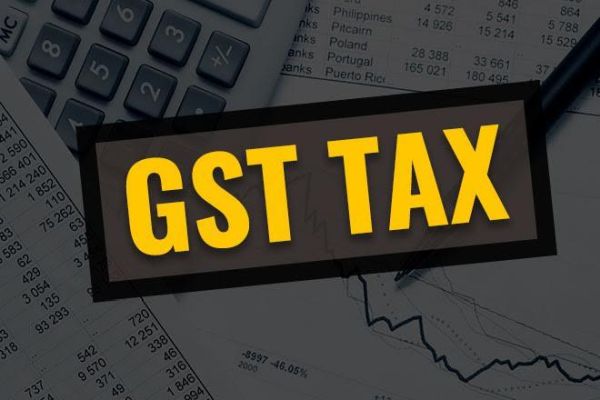
by admin | May 25, 2021 | Commodities, Commodities News, Corporate, Corporate Governance
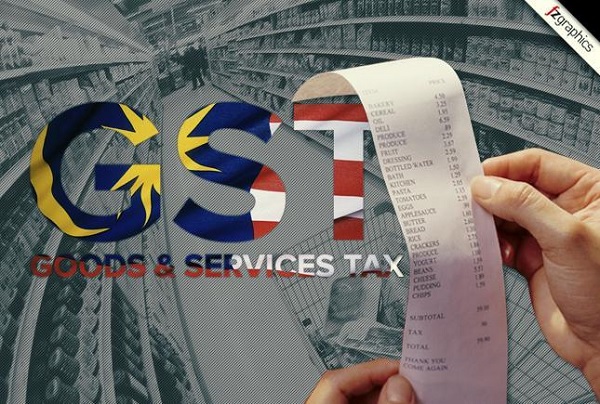 New Delhi : While works contract services relating to oil and gas exploration in the offshore areas beyond 12 nautical miles shall attract 12 per cent GST, the transportation of natural gas through pipeline will attract 5 per cent GST without input tax credit, Finance Ministry said on Wednesday.
New Delhi : While works contract services relating to oil and gas exploration in the offshore areas beyond 12 nautical miles shall attract 12 per cent GST, the transportation of natural gas through pipeline will attract 5 per cent GST without input tax credit, Finance Ministry said on Wednesday.
“Offshore works contract services and associated services relating to oil and gas exploration and production in the offshore areas beyond 12 nautical miles shall attract Goods and Services Tax (GST) of 12 per cent. Transportation of natural gas through pipeline will attract GST of 5 per cent without input tax credits (ITC) or 12 per cent with full ITC,” the ministry said in a statement.
The decisions were taken by the GST Council in its 22nd meeting on October 6 with the aim to reduce the cascading of taxes arising on account of non-inclusion of petrol, diesel, Aviation Turbine Fuel (ATF), natural gas and crude oil and to incentivise investments in the exploration and production sector.
The Council also decided that the import of rigs and ancillary goods imported under lease will be exempted from Integrated GST, subject to payment of appropriate IGST on the supply/ import of such lease service and fulfilment of other specified conditions.
Further, GST rate on bunker fuel has been reduced to 5 per cent, both for foreign going vessels and coastal vessels, it said.
Notifications to give effect to these proposals will be issued shortly, it added.
—IANS
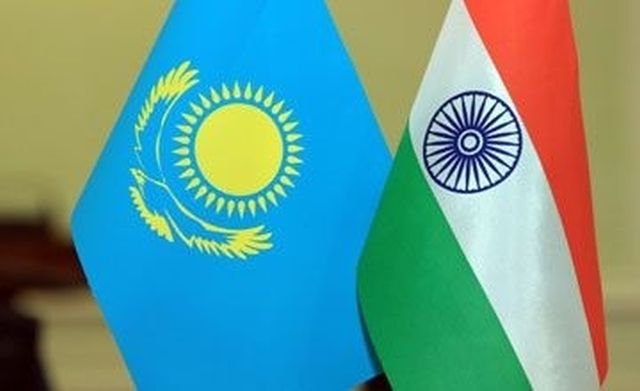
by admin | May 25, 2021 | Corporate, Corporate Governance, News
 New Delhi : India and Kazakhstan on Wednesday discussed expanding cooperation in hydrocarbons and nuclear energy sectors, as well as expanding the International North-South Transport Corridor by linking it to the Kazakhstan-Turkmenistan-Iran rail link, an official statement said here on Wednesday.
New Delhi : India and Kazakhstan on Wednesday discussed expanding cooperation in hydrocarbons and nuclear energy sectors, as well as expanding the International North-South Transport Corridor by linking it to the Kazakhstan-Turkmenistan-Iran rail link, an official statement said here on Wednesday.
These and other issues figured at the two-day meeting of the Inter-Governmental Commission (IGC) with Kazakhstan, co-chaired by Petroleum Minister Dharmendra that ended on Wednesday in the central Asian nation’s capital at Astana, an Indian Petroleum Ministry release said.
The Kazakhstan delegation to the talks was led by its Energy Minister Kanat Bozumbayev.
The two sides discussed “ideas for stepping up the cooperation in energy sector, trade, economic, investment, transport and connectivity, agriculture, information technology, space, healthcare and cultural spheres between the two countries,” the statement said.
“Both leaders agreed to collaborate in the oil and gas sector for mutual benefit and further strengthen the engagement by addressing issues of concerns to Indian investors, particularly in Kazakh hydrocarbon sector,” it said.
“They explored possibility of expanding the International North-South Transport Corridor (INSTC) by linking it to the Kazakhstan-Turkmenistan-Iran rail link,” it added.
This transport corridor is a 7,200 km multi-mode network of ship, rail and road for transporting cargo between India, Russia, Iran, Europe and Central Asia. It mainly involves moving freight from India, Iran, Azerbaijan and Russia via this network.
“Kazakhstan is strategically located between Europe and Asia and offers enormous business opportunities for investments. The country is rich in mineral resources, such as uranium, oil and natural gas,” the statement said.
Bozumbayev invited Indian investments in various sectors, especially in hydrocarbons, infrastructure, nuclear energy, co-production of films, food processing and information technology, it added.
Pradhan was accompanied by a delegation of officials from various ministries, the Railway Board and the state-run oil explorer’s foreign arm ONGC Videsh Ltd.
—IANS
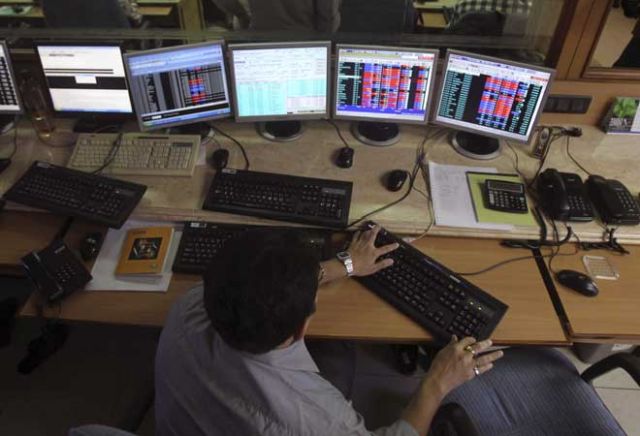
by admin | May 25, 2021 | Banking, Economy, Markets, News
 Mumbai : Healthy macro-economic industrial production data, along with broadly positive Asian markets buoyed the key Indian equity indices — the BSE Sensex and the NSE Nifty 50 — during the mid-afternoon trade session on Wednesday.
Mumbai : Healthy macro-economic industrial production data, along with broadly positive Asian markets buoyed the key Indian equity indices — the BSE Sensex and the NSE Nifty 50 — during the mid-afternoon trade session on Wednesday.
According to market observers, brisk buying was witnessed in healthcare, banking and oil and gas stocks.
At 12.35 p.m. the wider 51-scrip Nifty50 of the National Stock Exchange (NSE) traded at 10,114.25 points — up 21.20 points or 0.21 per cent.
The 30-scrip Sensitive Index (Sensex) of the BSE, which opened at 31,188.95 points, traded at 32,283.36 points — up 124.70 points, or 0.39 per cent, from its previous close at 32,158.66 points.
The Sensex has so far touched a high of 32,287.55 points and a low of 32,137.71 points during intra-day trade.
“The BSE Sensex and the broader NSE Nifty were trading higher on the back of positive Asian markets and slight improvement in industrial production as shown by the IIP data which was released yesterday,” Dhruv Desai, Director and Chief Operating Officer of Tradebulls, told IANS.
—IANS

 Melbourne: New Zealand has banned new offshore oil and gas explorations as part of efforts for a clean energy future, the prime minister said on Thursday.
Melbourne: New Zealand has banned new offshore oil and gas explorations as part of efforts for a clean energy future, the prime minister said on Thursday.




